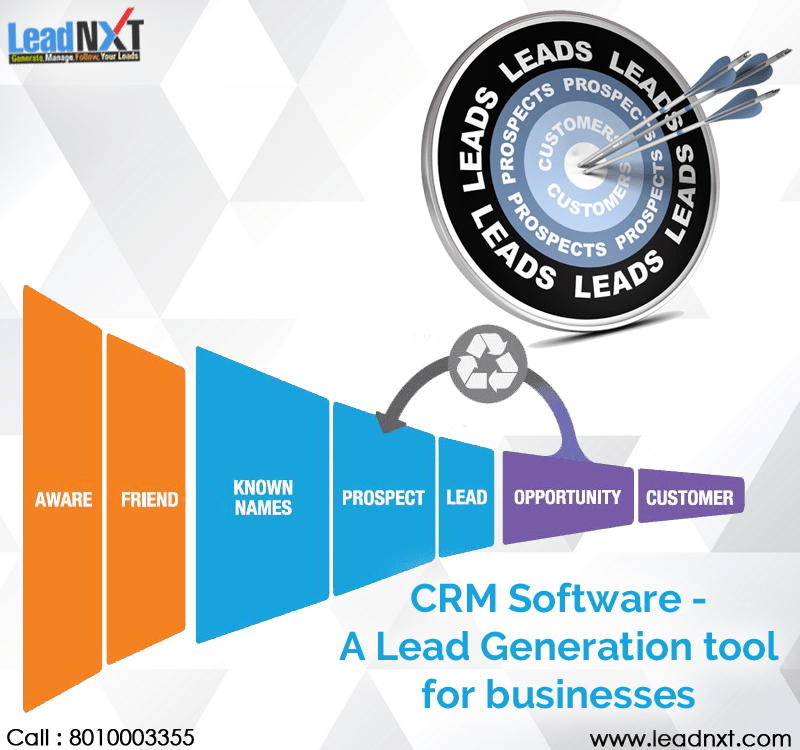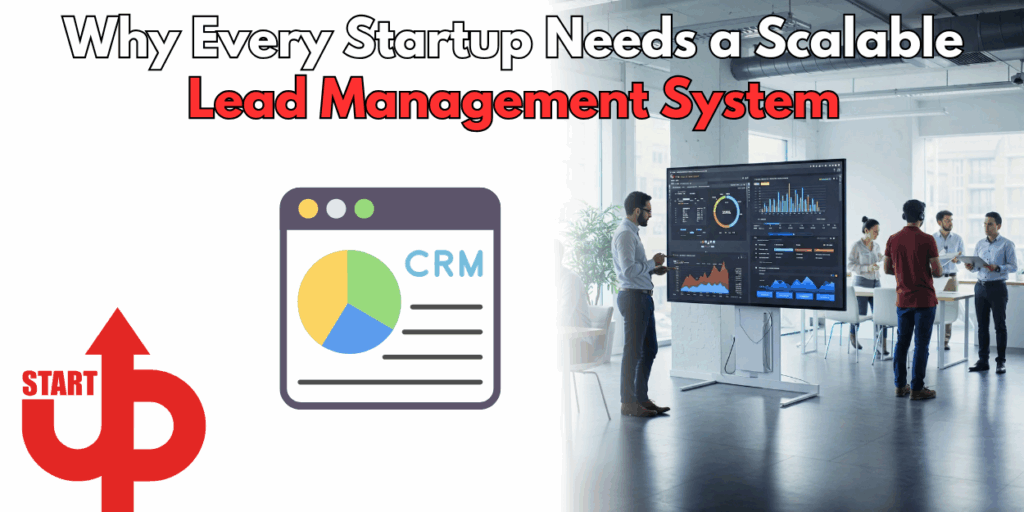A CRM (Customer
Relationship Management)
is one of the most effective systems that any small business
can implement. It is as important as the people that are hired and
will have a more significant effect long term than any one employee.
Relationship Management)
is one of the most effective systems that any small business
can implement. It is as important as the people that are hired and
will have a more significant effect long term than any one employee.
All studies
show that companies with a fully utilized CRM
Software can increase sales. But, any system is only as effective
as the information that goes into it.
show that companies with a fully utilized CRM
Software can increase sales. But, any system is only as effective
as the information that goes into it.
How do you get
everyone in the company to use it and provide real time data?
everyone in the company to use it and provide real time data?
1.
Make
it simple.
The most companies try to implement a CRM system that is too
complicated for employees to use. They track too many pieces of
information. Any CRM Software only needs: Prospect information, when
and what was talked about last, follow up date/reminder and action,
who it is assigned to, and what is the dollar value of the
opportunity. Note
that while many CRM software products claim to be easy to use, be
sure to test or demo them yourself first to get a feel for how each
one works and whether it fits your tastes.
Make
it simple.
The most companies try to implement a CRM system that is too
complicated for employees to use. They track too many pieces of
information. Any CRM Software only needs: Prospect information, when
and what was talked about last, follow up date/reminder and action,
who it is assigned to, and what is the dollar value of the
opportunity. Note
that while many CRM software products claim to be easy to use, be
sure to test or demo them yourself first to get a feel for how each
one works and whether it fits your tastes.
 2.
2.Customizable.
As many small business owners told us, there is no one-size-fits-all
CRM solutions for small businesses. CRM software encompasses so many
areas of a business that customization is key to getting the most out
of your investment. Choose a CRM software that you can customize
according to your business’s unique needs. For instance, some options
offer different packages based on the included features, whereas some
let you select only the features your business requires.
Customization can also take the form of expanding capabilities using
extensions, plugins, themes, templates and add-ons to completely
tailor the software to your business.
2.
Third-party integration.
Is it complementary to what is already being used? Can data be easily
imported and exported from the CRM? If a CRM is an island, it will be
less impact. CRM software works with all types of third-party
solutions so that all your data is streamlined throughout different
areas of your business. This means you don’t have to manually export
or import data between, for instance, your CRM software and POS
system or accounting software, thus saving you time that you would
have spent performing repetitive tasks.
Third-party integration.
Is it complementary to what is already being used? Can data be easily
imported and exported from the CRM? If a CRM is an island, it will be
less impact. CRM software works with all types of third-party
solutions so that all your data is streamlined throughout different
areas of your business. This means you don’t have to manually export
or import data between, for instance, your CRM software and POS
system or accounting software, thus saving you time that you would
have spent performing repetitive tasks.
3.
If the activity isn’t in the CRM system, it never happened.
Every company needs to treat their CRM as the only repository for
history. No one gets credit for anything if it is not written about
here. Every executive in the company needs to use it too (or no one
will)!
If the activity isn’t in the CRM system, it never happened.
Every company needs to treat their CRM as the only repository for
history. No one gets credit for anything if it is not written about
here. Every executive in the company needs to use it too (or no one
will)!
4.
Niche-based. Does your business deal with a specialized industry
or niche? There are CRM software options designed specifically for
your type of business. For example, if you work in finance, there are
CRM software products that comply with transparency and financial
regulations. There are also some that are designed specifically for
restaurants, retailers, real estate and more.
Niche-based. Does your business deal with a specialized industry
or niche? There are CRM software options designed specifically for
your type of business. For example, if you work in finance, there are
CRM software products that comply with transparency and financial
regulations. There are also some that are designed specifically for
restaurants, retailers, real estate and more.
5.
Cloud-based. Get access to your CRM data anytime, anywhere from
any device with an Internet connection by choosing a cloud-based CRM
software. Avoid those that are described as “on-premise,”
which means you’re forced to access data from the device or location
in which the software is installed.
Cloud-based. Get access to your CRM data anytime, anywhere from
any device with an Internet connection by choosing a cloud-based CRM
software. Avoid those that are described as “on-premise,”
which means you’re forced to access data from the device or location
in which the software is installed.
6.
Mobile access. Similarly, get access to your CRM data from your
smart phone and tablet by choosing a solution that is accessible from
mobile devices. Look for those that have their own mobile apps or can
at least be accessed and easily viewed using your mobile Web browser.
Mobile access. Similarly, get access to your CRM data from your
smart phone and tablet by choosing a solution that is accessible from
mobile devices. Look for those that have their own mobile apps or can
at least be accessed and easily viewed using your mobile Web browser.
7.
Reports.
Make sure you can get real time reports from the data. Answer
questions like: What did Sales last week? What are the top sales
opportunities? Are we going to hit our sales target this quarter?
Reports.
Make sure you can get real time reports from the data. Answer
questions like: What did Sales last week? What are the top sales
opportunities? Are we going to hit our sales target this quarter?
LeadNXT, gives an integrated CRM
Solutions For Small Business, to help them convert their leads
into sales leads and enhance the customer service.
Solutions For Small Business, to help them convert their leads
into sales leads and enhance the customer service.


